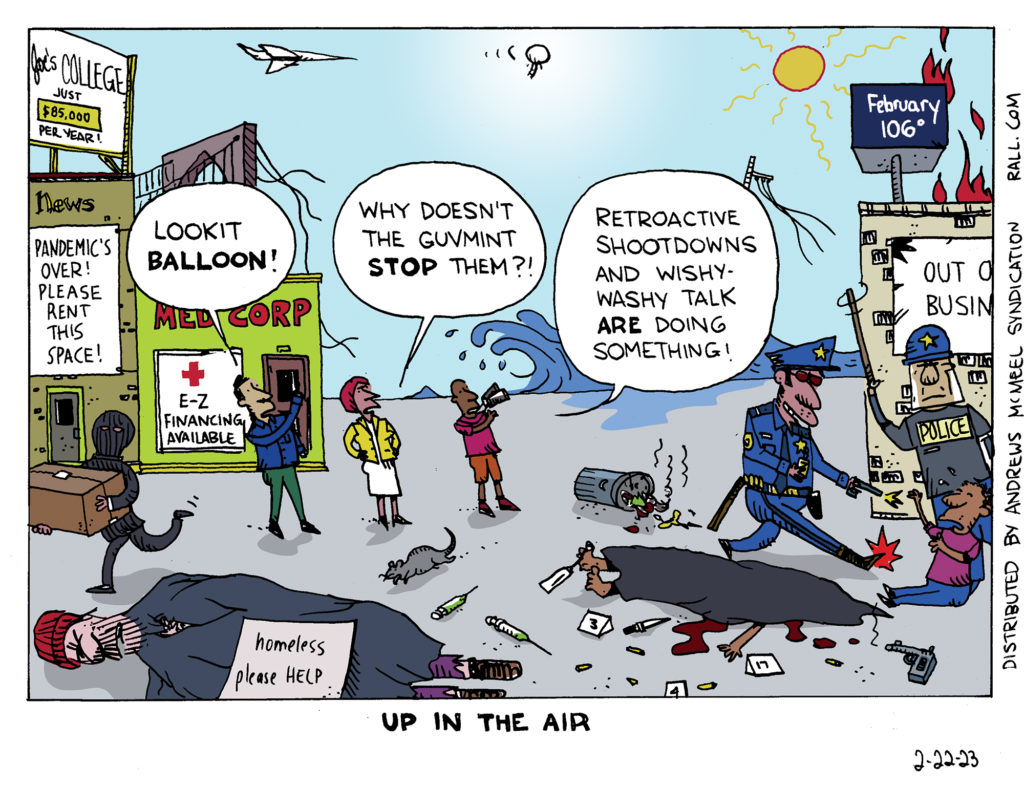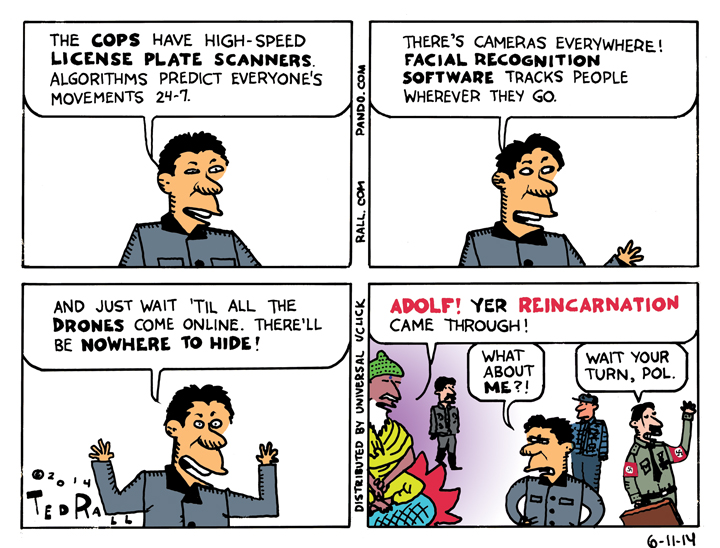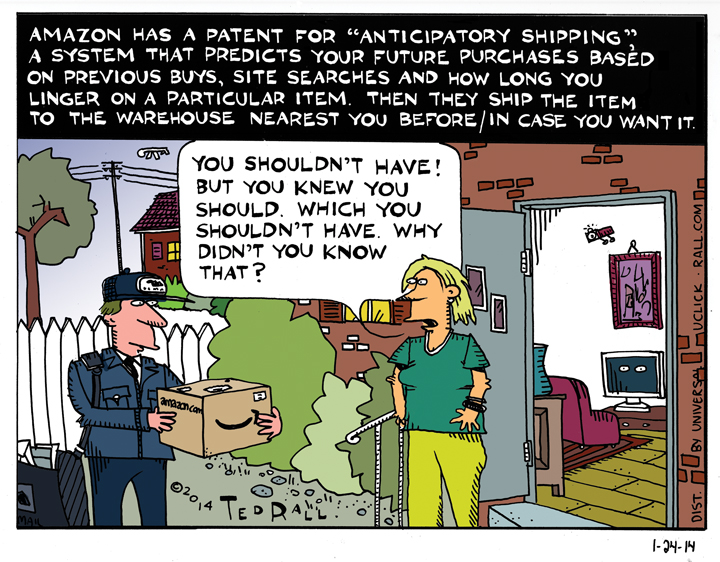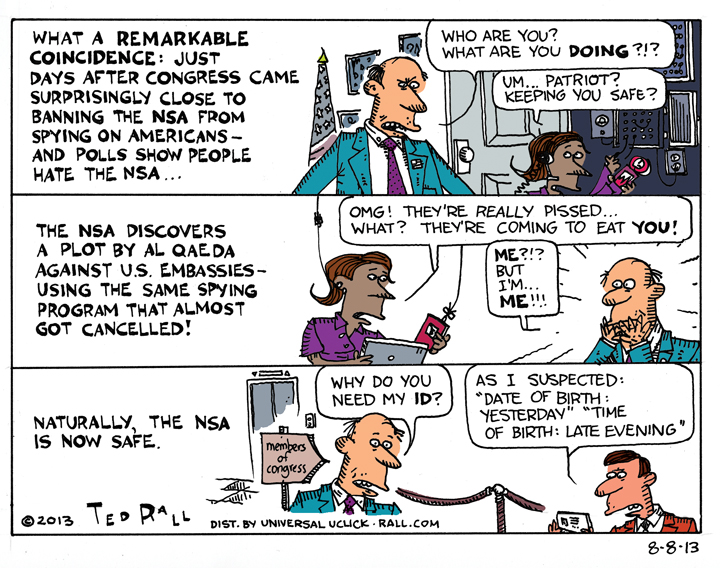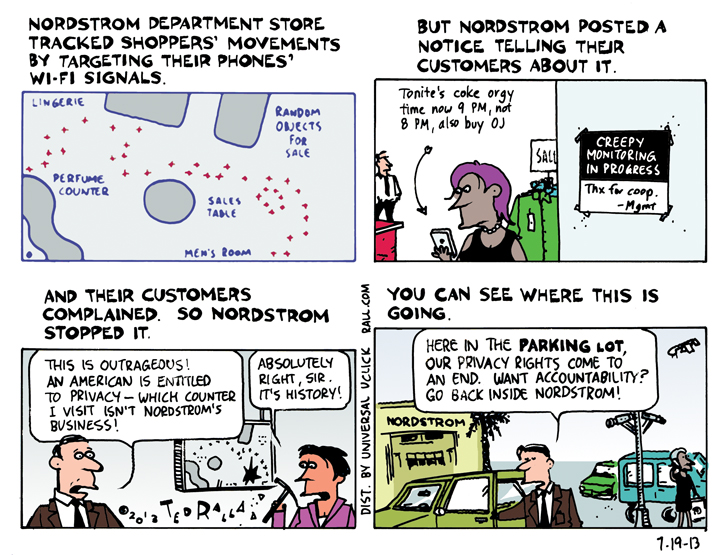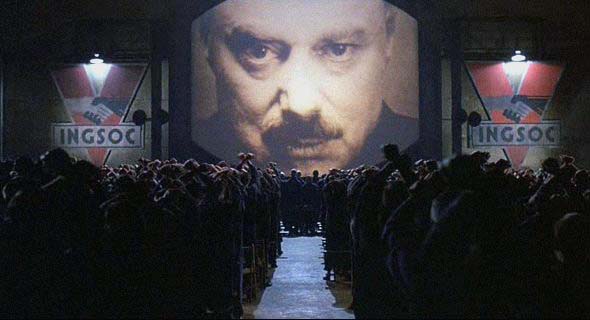LIVE 12 pm Eastern time, Streaming Anytime:
Today on the “DeProgram show” with political cartoonist Ted Rall and CIA whistleblower John Kiriakou, we’re deprogramming you from the MSM BS that confuses more than it clarifies. First, we explore day three of the Iran-Israel conflict. Will Iran rush to obtain nuclear weapons? Can Trump, Putin or China negotiate a ceasefire? Will the conflict spread? Ted and John examine the stakes and the days ahead.
Next, the targeted shootings of Minnesota lawmakers Melissa Hortman and John Hoffman, both high-ranking Democratic-Farmer-Labor (DFL) Party legislators, raise chilling questions about political violence. As prominent DFL leaders—Hortman as House Speaker Emerita and Hoffman as a key senator—their shared party ties and legislative roles suggest a possible political motive, though details remain unclear.
Finally, Sean O’Brien, founder of Yale Privacy Lab, joins to discuss his startup’s groundbreaking work protecting digital privacy against pervasive surveillance.
“Deprogram” delivers unflinching analysis of war, political violence, and the fight for personal freedom.

